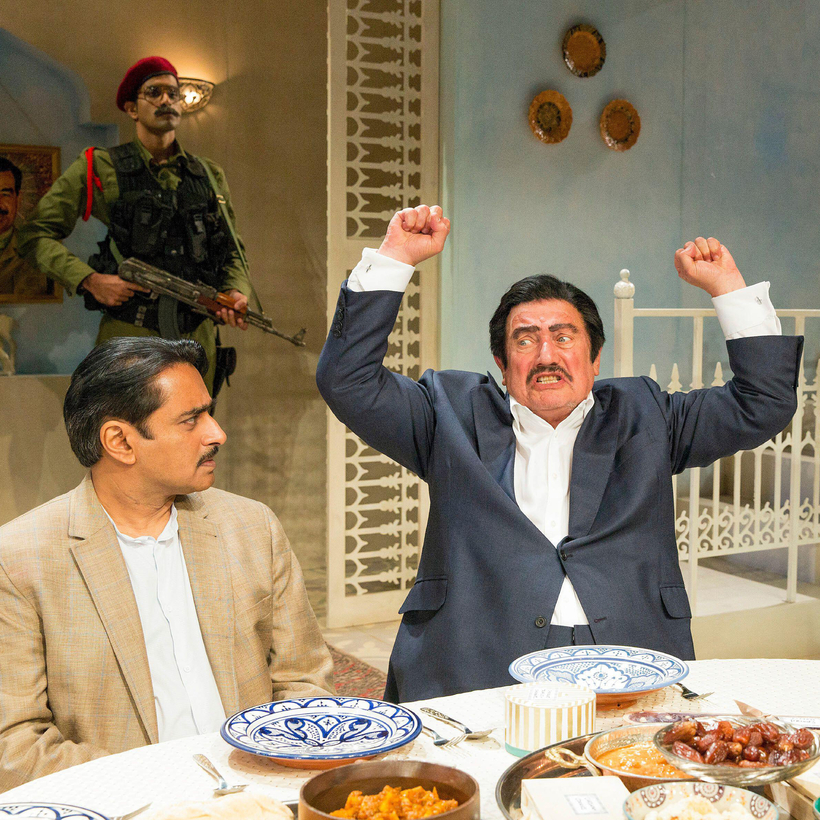Revenge, it appears, is a dish best served on the pages of a detective novel. In his forthcoming novel, Anthony Horowitz has taken a metaphysical approach to revenge for a critical mauling by killing the Sunday Times theater critic.
Horowitz, the acclaimed creator of several adult and children’s fiction series, has confessed that he goes into a “dark place” whenever his work is criticized. “Even one review will really, really upset me,” he said at a recent talk. “It can last years.”

